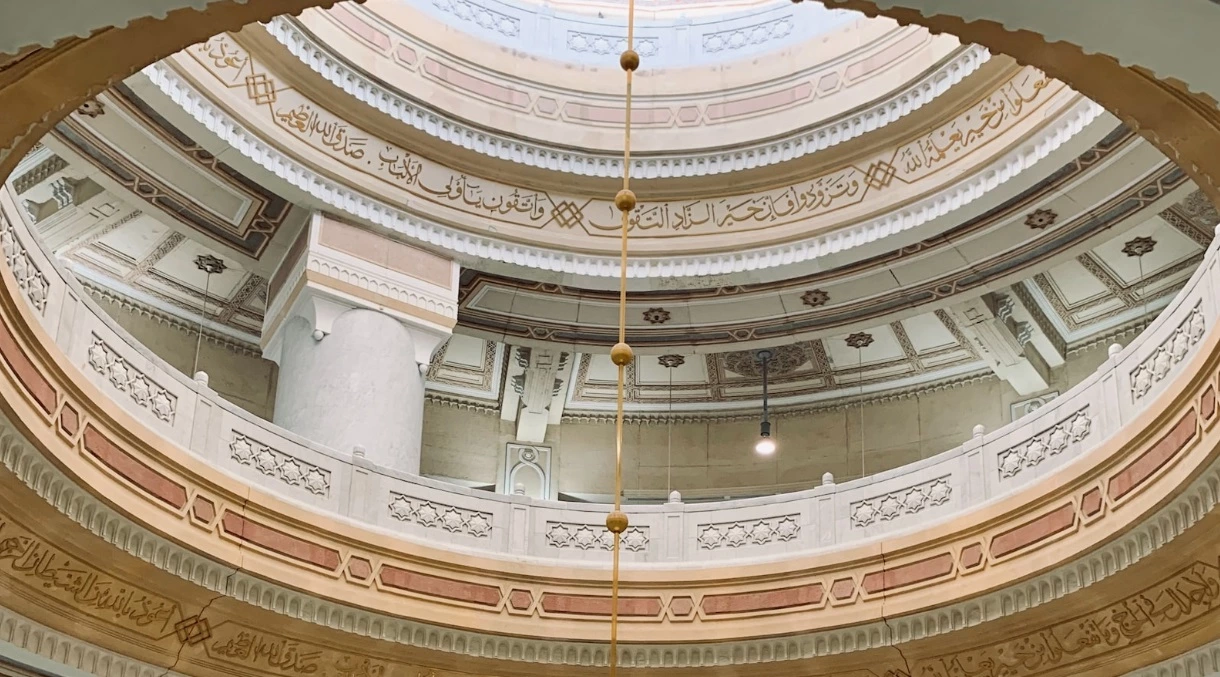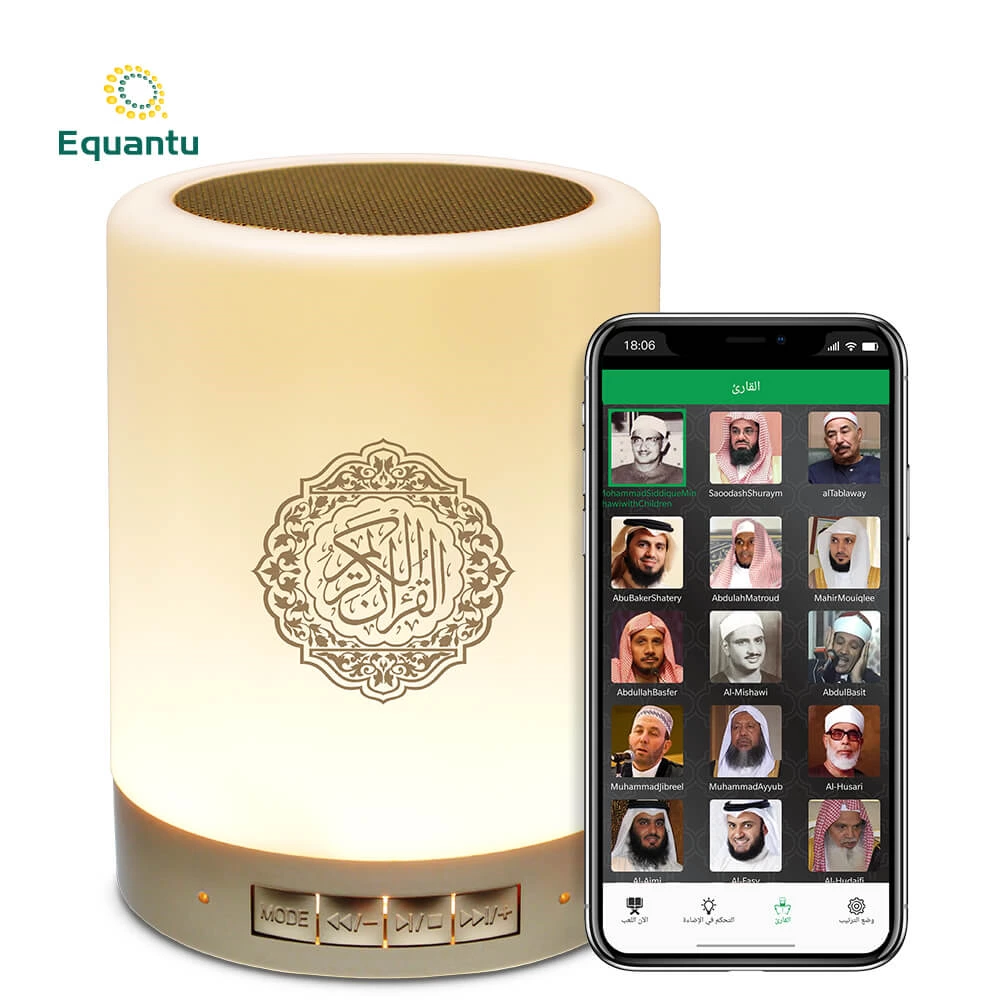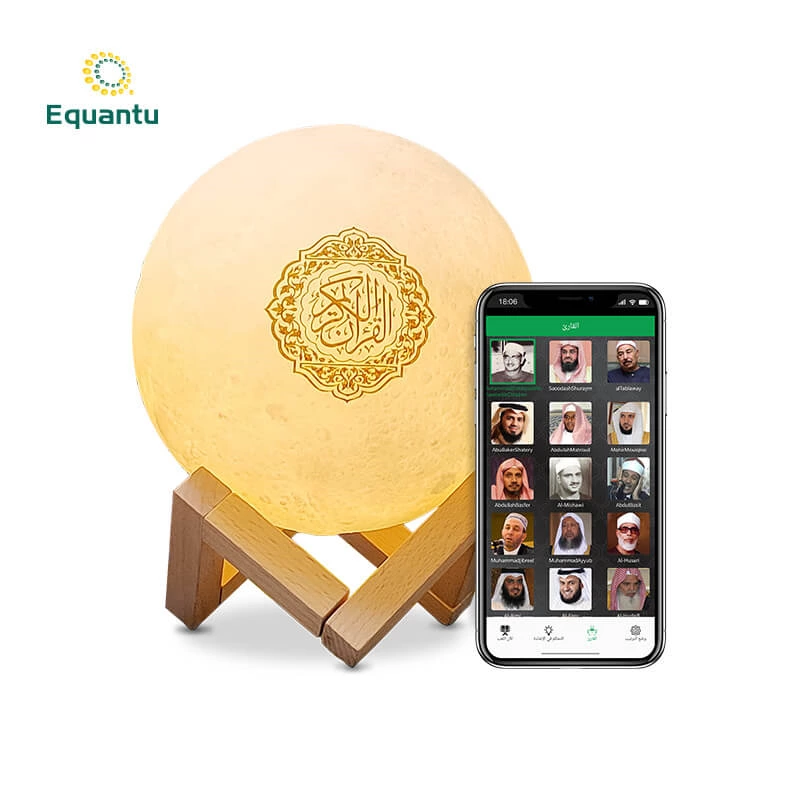Eid al-Fitr
Religious Significance
Eid al-Fitr marks the end of Ramadan, the holy month of fasting. This celebration symbolizes:
- Spiritual accomplishment
- Community unity
- Gratitude to Allah
- Renewed faith and devotion
Traditional Observances
The celebration includes specific practices:
- Special morning prayers (Salat al-Eid)
- Mandatory charity (Zakat al-Fitr)
- Family gatherings
- Community celebrations
- Exchange of gifts
- Special foods and sweets
Duration and Timing
- Begins at sunset on the last day of Ramadan
- Typically celebrated for three days
- Dates vary annually following lunar calendar
- First day starts with dawn prayers
Eid al-Adha
Religious Background
Known as the "Festival of Sacrifice," commemorating:
- Prophet Ibrahim's willingness to sacrifice his son
- Allah's mercy and intervention
- The importance of sacrifice and devotion
- The completion of Hajj pilgrimage
Traditional Practices
Key observances include:
- Qurbani (ritual animal sacrifice)
- Distribution of meat to the poor
- Special prayers
- Family feasts
- Charitable giving
- Community gatherings
Celebration Period
- Four days of official celebration
- Begins on 10th of Dhul Hijjah
- Coincides with Hajj completion
- Global synchronized observance
Islamic New Year (Muharram)
Historical Significance
Marks the beginning of the Islamic calendar:
- Commemorates the Hijra
- Prophet Muhammad's journey from Mecca to Medina
- Beginning of Islamic civilization
- Start of lunar calendar
Observances
Traditional practices include:
- Reflection and contemplation
- Special prayers
- Historical recollections
- Community gatherings
- Charitable activities
Special Features
- First month of Islamic calendar
- Time for new beginnings
- Period of historical remembrance
- Spiritual renewal
Mawlid an-Nabi
Religious Importance
Celebrates Prophet Muhammad's birthday:
- Recognition of Prophet's life
- Reflection on his teachings
- Community celebration
- Spiritual remembrance
Celebratory Activities
Common practices include:
- Recitation of poetry
- Religious lectures
- Community meals
- Charity distribution
- Special prayers
- Cultural performances
Regional Variations
Different regions celebrate uniquely:
- North African traditions
- South Asian customs
- Middle Eastern practices
- Southeast Asian observations
Spiritual Preparation
Personal Readiness
Preparation includes:
- Spiritual reflection
- Extra worship
- Charitable actions
- Family connections
- Community service
Physical Preparation
Practical aspects involve:
- Home cleaning
- Special food preparation
- New clothes
- Gift shopping
- Decoration
Cultural Elements
Traditional Foods
Each holiday features special dishes:
- Regional specialties
- Traditional sweets
- Family recipes
- Festive beverages
- Community meals
Social Customs
Important social practices:
- Family visits
- Community gatherings
- Gift exchange
- Charitable giving
- Cultural performances
Modern Observance
Contemporary Adaptation
Modern celebrations include:
- Digital greetings
- Virtual gatherings
- Social media sharing
- Online charity
- Global connections
Urban Celebration
City-specific adaptations:
- Community centers
- Public gatherings
- Organized events
- Cultural festivals
- Educational programs
Global Significance
International Recognition
Growing worldwide acknowledgment:
- Public holidays in Muslim countries
- Recognition in Western nations
- Interfaith understanding
- Cultural exchange
- Global awareness
Universal Values
Holidays promote:
- Family bonds
- Community unity
- Charitable giving
- Spiritual growth
- Cultural preservation
Conclusion
Islamic holidays serve as vital touchstones in the Muslim calendar, combining spiritual significance with cultural celebration. These observances strengthen faith, build community bonds, and preserve Islamic traditions while adapting to modern life. Understanding these celebrations enhances interfaith dialogue and cultural appreciation worldwide.







